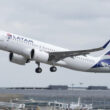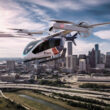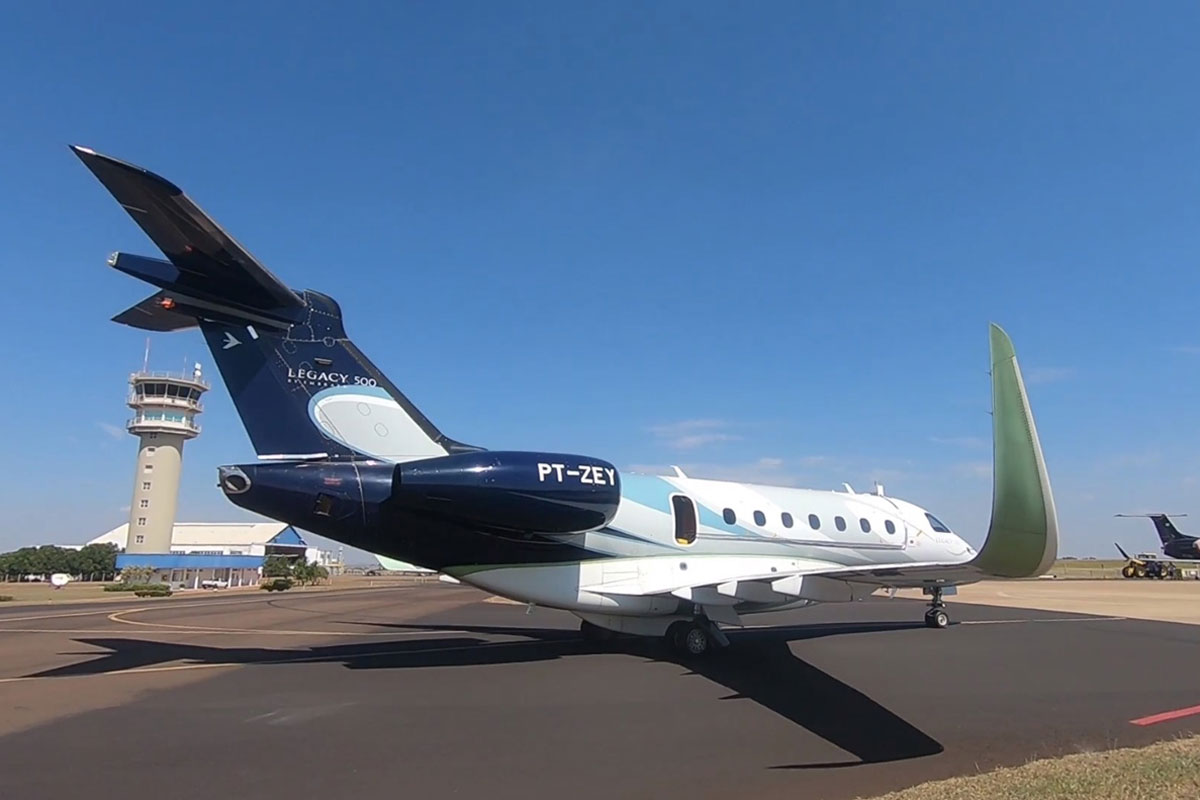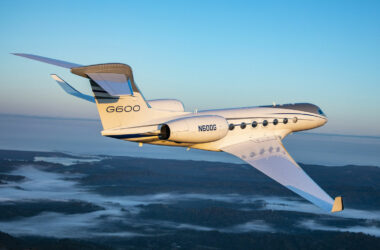This week Airbus held the Airbus Summit, an event in which it presented several of its projects in search of sustainability.
Among the projects on display, there are two programs aimed at revolutionizing the way the wings of future aircraft are designed and built.
The first project is a technology demonstrator aircraft based on a Cessna Citation VII business jet and which will be equipped with several innovations in its high aspect ratio wings.
Airbus hasn’t clearly explained how the revolutionary wing will work, but has said it will test various technologies such as gust sensors, pop-up spoilers or plates that are rapidly deflected perpendicular to the airflow and multifunctional trailing edges that will be able to dynamically change their surface.
“Similar to how an eagle soars, adapting the shape, span and surface of its wings and feathers, this demonstrator allows for increased flight efficiency,” the company explained.
The demonstrator plane is part of Airbus UpNext, a subsidiary created by the company to give projects fast-track development. Airbus, however, did not reveal when the Citation VII will make its first flight.
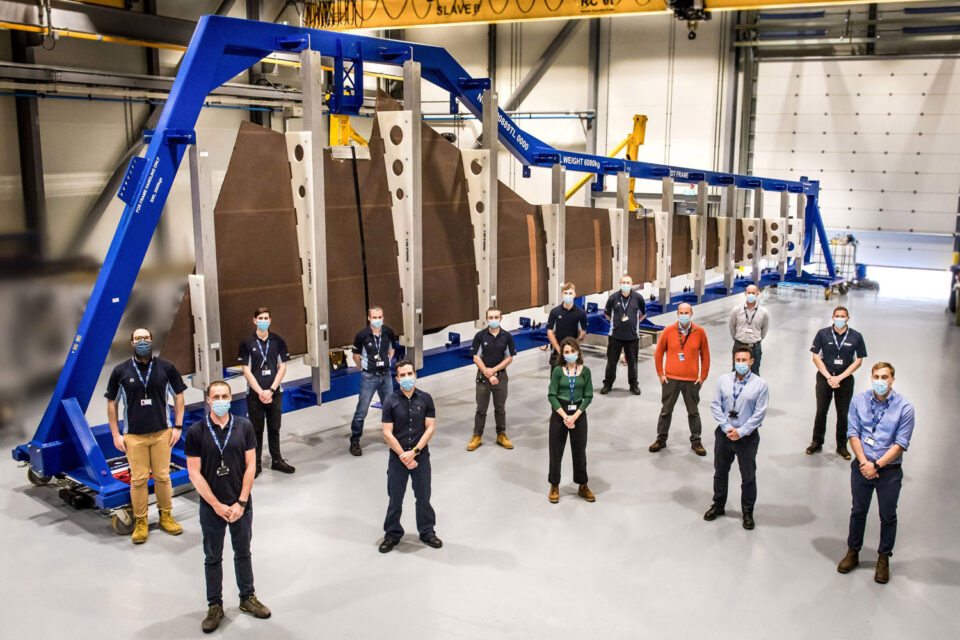
Ecological wing
The other program unveiled on Wednesday is “Wing of Tomorrow,” which involves evaluating new technologies in aerodynamics and architecture, as well as composite materials, in the manufacture of improved wings.
The first set of tests of three planned has been completed, according to Airbus. It will be used to understand systems integration while the other two will serve as references regarding design and scale manufacturing.
“High-performance wing technology is one of several solutions – together with sustainable aviation fuels and hydrogen – that we can implement to contribute to the ambition of aviation decarbonisation,” said Sabine Klauke, Airbus Technical Director.
The three wing demonstrators will test more than 100 new technologies aimed at new manufacturing and assembly techniques with the aim of making aviation more sustainable.


